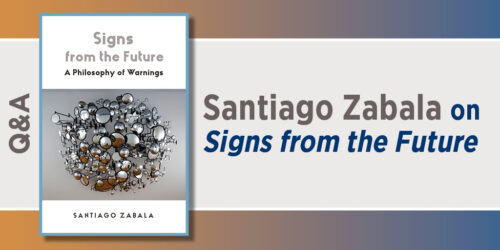Roland Barthes Concludes The Preparation of the Novel
Fittingly, our last excerpt from Barthes’s extraordinary lecture series will be his final words from his session of February 23, 1980). (For other excerpts from The Preparation of the Novel, click here, here, here, and here.)
Thus, what I’m waiting for (as I said) is a trigger, a chance event, a mutation: a new ear for things → I quote Nietzsche (still without comparing myself to, but identifying myself with on a practical level); Nietzsche conceived of Zarathustra in 1881 while strolling though the woods that border Lake Silvaplana; resting beside an enormous block of stone = the idea of the Eternal Return. But (and this is what interests us), premonitory sign: sudden and radical modification of his taste in music: “Rebirth of the art of hearing” → The New Work (new with respect to yourself: this is the postulation of the Work to be written) will probably only be possible, probably only get going in real terms when an old liking is transformed and a new one emerges → Perhaps what I’m waiting for, then, is for my Hearing to be transformed—and perhaps that will happen to me, unmetaphorically, through music, which I’m so fond of → Then I might achieve the real dialectical becoming: “To become what I am”; Nietzsche’s saying: “Become what you are,” and Kafka’s saying: “Destroy yourself . . . in order to make yourself into that which you are” → Thus, in this way, the distinction between the Old and the New would quite naturally be abolished, the path of the spiral marked out, and these words from Schönberg, who founded contemporary music and reinvigorated the music of the past, honored: it’s still possible to write music in C major. There, to bring things to a close, you have the object of my desire: to write a work in C Major.



